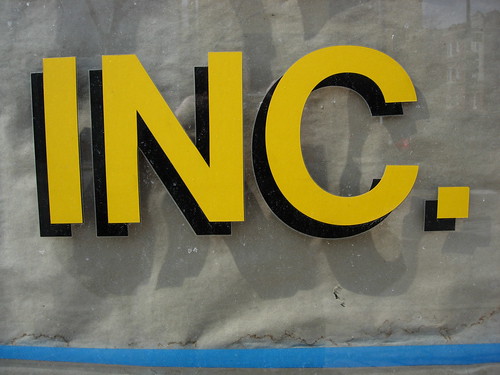<Image http://www.flickr.com/photos/bigblue/317855467/ by bigbluemeanie>
The second of MOOC musing posts:
On Twitter recently Alan Levine bemoaned that there was too much emphasis on the M in MOOCs, and I think it's the M that worries Jonathan Rees. Kate Bowles has a well reasoned post on some MOOC concerns also. I wonder if there is some truth in this – it is the manager’s dream of the infinite lecture hall that characterised early e-learning until people found out e-learning wasn’t very cheap in the end. But for a MOOC, learners aren’t paying so they can’t complain about the infinite lecture hall approach, but they will be monetised somehow (whether through accreditation, data, adverts, etc). And for that to work the M in MOOC has to equal massive. Moderate or minor won’t do.
Let’s take each of those initials and think them through:
M – Massive. As mentioned above the massive element is appealing if you are a commercial enterprise. But if you are offering MOOCs out of interest, then they may not be massive. When Dave coined the term (it was Dave wasn't it?) I think it was more a reflection on what had happened in CCK08 – that these large numbers of learners had congregated. It was an observation rather than a prescriptive element. Open courses don’t need to be massive, and focussing on this element because it’s where the money lies, may lead to less interesting topics being proposed because they won’t achieve the mass required to kick in the money. And that’s a shame because one of the potential benefits of MOOCs is a form of liberation of the curriculum – it need no longer be dictated by what courses are profitable and meet a sufficient need. It would be a failure of imagination to apply the same constraints we currently labour under.
Open – as I mentioned in my last post, one of the disappointing aspects about the new open courses is that they are not truly open. Real openness has a number of benefits – others can take elements of the course and use it in their own courses, the course itself acts as a learning resource that anyone can dip into at anytime, it allows open research through data analysis, learners are encouraged to use their own tools rather than the artificial course system. Not being fully open loses much of the subtlety in MOOCs that made them fun in the first place.
Online – Steve Carson suggests we should call the new breed MOCs, for Massive Online Courses. But they are free, so this acronym would miss the key element that differentiates them from all the elearning we’ve been doing over the past 15 years. I had a Massive Online Course in 1999 but it was the open element that was missing. This is the no-brainer in the acronym I guess. They need to be online to really be free and work, but what might be interesting is the combination of MOOCs with local, face to face support. One could imagine a general introduction to teaching MOOC for example, which covered pedagogy, core subjects etc but accompanied by local support which placed teachers in school, added local contextualisation (eg curriculum requirements in that country) and so on. So Online needn’t mean ‘Only Online’.
Course – after a decade of OERs, it’s interesting that we’re coming back to educator constructed courses. The vision might have been of learners constructing their own personalised courses from the vast array of content out there. And while this does happen to an extent, and social tools will help it happen more, it’s also the case that one of the core functions the educator provides is to structure content into a sequence that learners can follow and have trust in. The bargain they make is this – if I do the course you have constructed then I will come out with a certain understanding of the topic.
I guess the moral is, be careful of the acronym you dream up as someone will analyse it in excessive detail one day...

